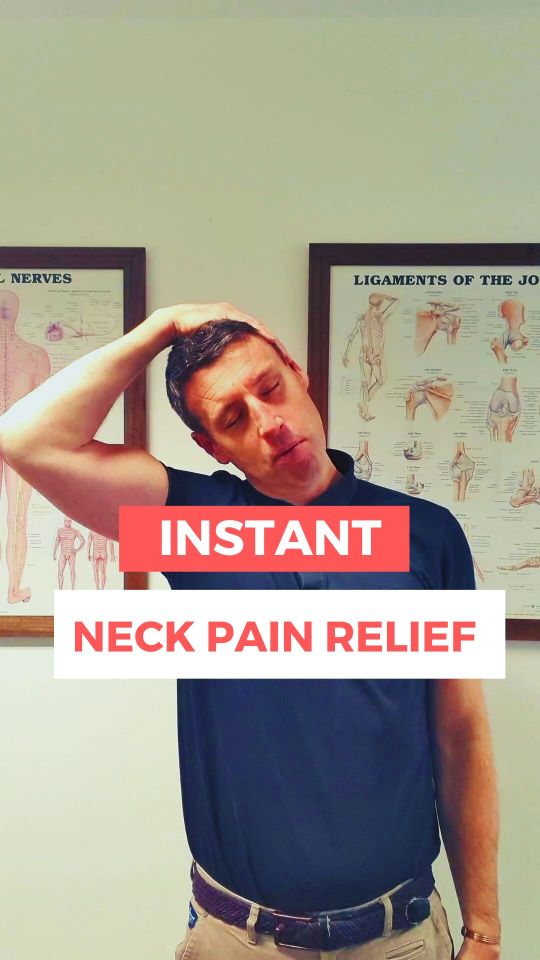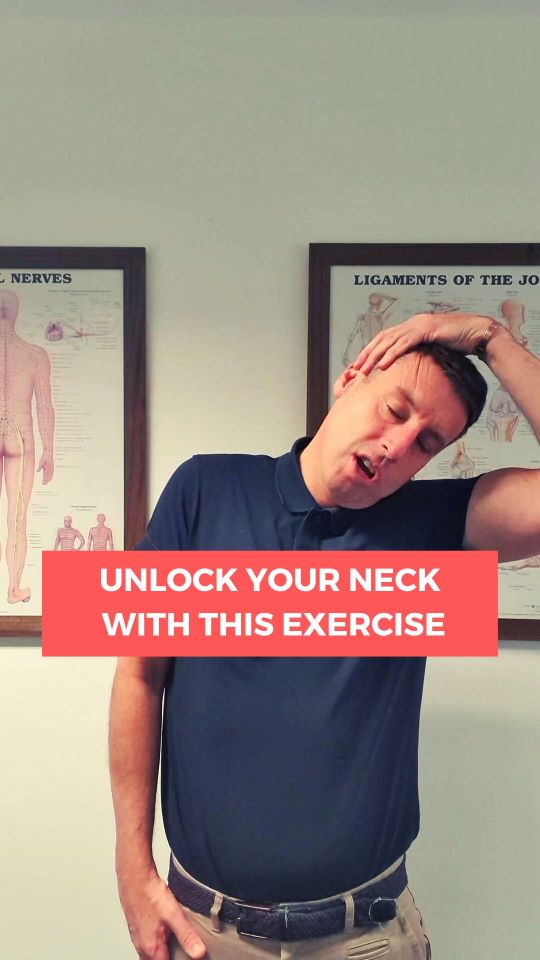What Is Whiplash?
Whiplash is an injury to the neck usually caused by rapid forward and backward movement of the head and neck.
It is caused by rapid acceleration and deceleration on the head and neck commonly caused by rear end car accidents.
Whiplash injuries don’t necessarily have to involve car accidents. It can be caused by falls, sports injuries and other traumas that affect sudden forces to the neck and head.
Whiplash can be very painful but rarely cause long term damage to neck structures. The most common whiplash injury is associated with soft tissues of the neck. Mainly muscles and ligaments. In more severe cases it can affect the disc in your neck or vertebrae.
Symptoms of whiplash can vary. Each person can have differing symptoms. The most common symptom is neck pain and stiffness that can occur immediately after the injury or several days later.
How Serious Is Whiplash?
The prognosis for whiplash can be unpredictable. The majority of acute cases recover fully, however some progress to chronic or persistent long term pain.
Early rehabilitation is important to avoid developing chronic or persistent pain.
Whiplash is one of the most common subjects of litigation in both the UK and USA.
Symptoms of Whiplash
- Neck pain
- Neck stiffness
- Back pain and stiffness
- Headache
- Shoulder and arm pain
- Pins and needles.
- Numbness into hand
- Difficulty concentrating
- Dizziness and visual disturbances
- Jaw pain
Frequently Asked Questions
Typically it can take several weeks for whiplash to fully resolve – following a diagnosis and treatment from a qualified professional. Some cases last longer and have deeper causes and levels of underlying injury.
Whiplash is one of the most commonly litigated injuries in USA, UK and Europe and as such, there is a good chance you can get compensation for whiplash – especially if it’s as a result of a car accident and you are not in the wrong.
A Physiotherapist can treat whiplash, but typically a Chiropractor would be more specialized in neck and spine injuries.
If your neck pain persists or gets worse over a couple of days, this is a sign that you need to seek medical attention. Once you are in the care of a qualified medical professional they can guide you on the path to recovery.









